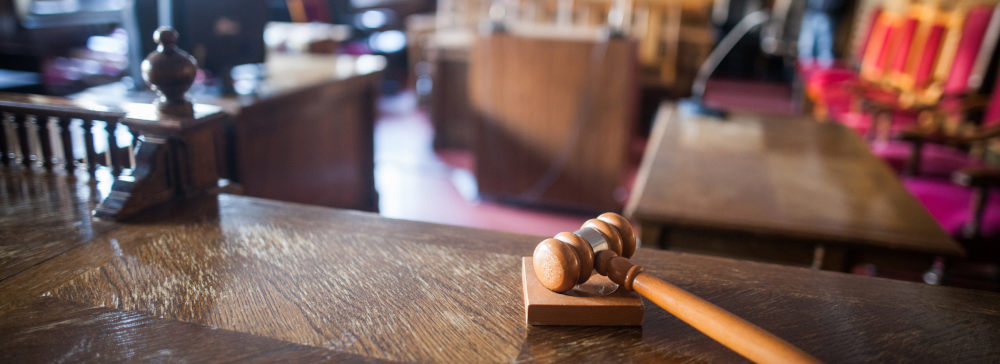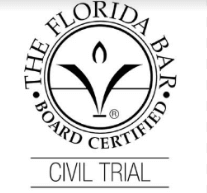Table of Contents
A deposition is an essential part of a personal injury case. In the case of the client who was injured on a company’s staircase, Kogan & DiSalvo lawyers informed the defense counsel the plaintiff’s team wished to depose the company and set forth with specificity the matters upon which they would inquire. The defense then designated people to appear and testify on behalf of the defendant company. In this case, Kogan & DiSalvo lawyers took the deposition of the managing partner of the LLC.
Why Depose the Defendant?

The primary goal in deposing the opposing party is to discover everything that the person may say if they were called to testify at trial. A lawyer may also try to obtain additional information that the opposing party may possess that the plaintiff is not aware of. Examples of additional information may include other claims that the defendant has had asserted against them or the names and addresses of other people the witness had spoken to regarding the client’s accident.
Deposing Expert Witnesses
Because this was premises liability case based on the construction of the staircase, Kogan & DiSalvo lawyers had engineering experts deposed. The expert witness designation means a witness may give opinions to the jury as opposed to just facts. The experts had analyzed the stairs and were able to render opinions based on their training, experience, and observations from when they visited the scene. The engineering experts were able to explain why the staircase did not comply with the Florida building code and why it was unreasonably dangerous.
The plaintiff’s team also called medical experts, including the client’s treating physician and the surgeon who performed her ankle operation. The medical experts gave opinions to the jury as to prognosis and the problems that the plaintiff would likely continue to suffer as a result of the injury sustained in the fall.
Recording Depositions
Depositions are recorded in one of two ways. First, depositions are always recorded by an authorized court reporter. The court reporter transcribes everything that is said during the deposition. In certain situations depositions are also videotaped. In this case, several defense witnesses were videotaped in addition to being transcribed, so that Kogan & DiSalvo lawyers could show a jury the body language and tone of the testifying witness.
Objections During the Deposition
In Boca Raton, as in most jurisdictions, the attorney is allowed to make as many objections during the deposition process as they think are reasonably necessary. In Florida, there are certain objections that do not need to be made during the deposition. For example, an attorney does not have to and should not object to the relevancy of the question during the deposition. Whether or not the question is relevant is not a proper objection.
The most typical objection is a form of objection, which occurs when the attorney believes that there is something improper about the way the question is asked. For example, there might be a compound question where two things are being asked in a single question, which is improper. There is also a basis for a form objection when it is unclear what the attorney is referring to. For example, the attorney may use a pronoun and the witness may not be clear as to whom they are referring.
In this particular case, the depositions were fairly straightforward, and there were minimal objections. In the client’s depositions, which lasted approximately three hours, there were fewer than ten objections made. Similarly, there were fewer than ten objections made during the defendant’s deposition.








